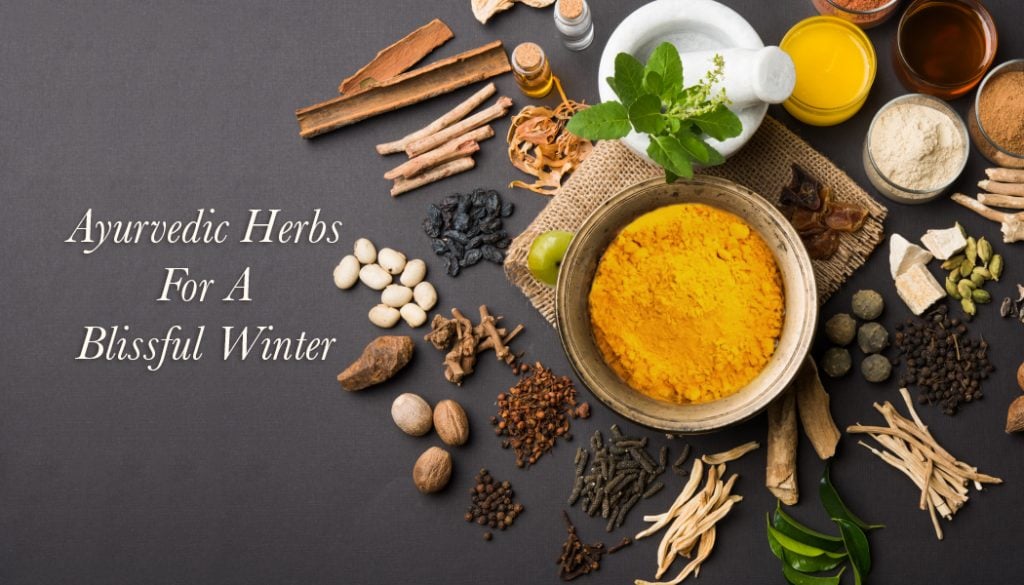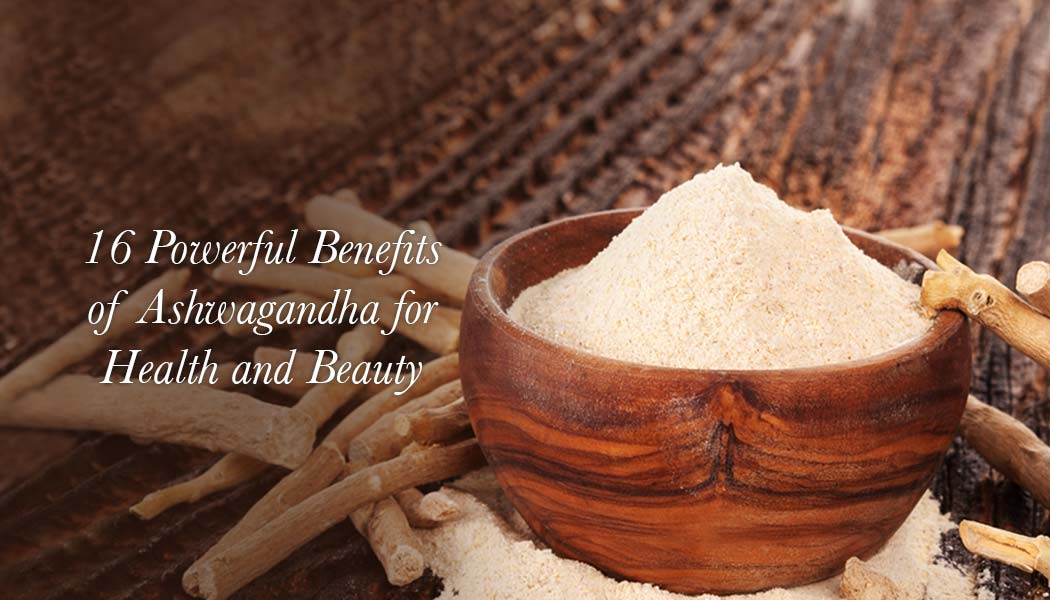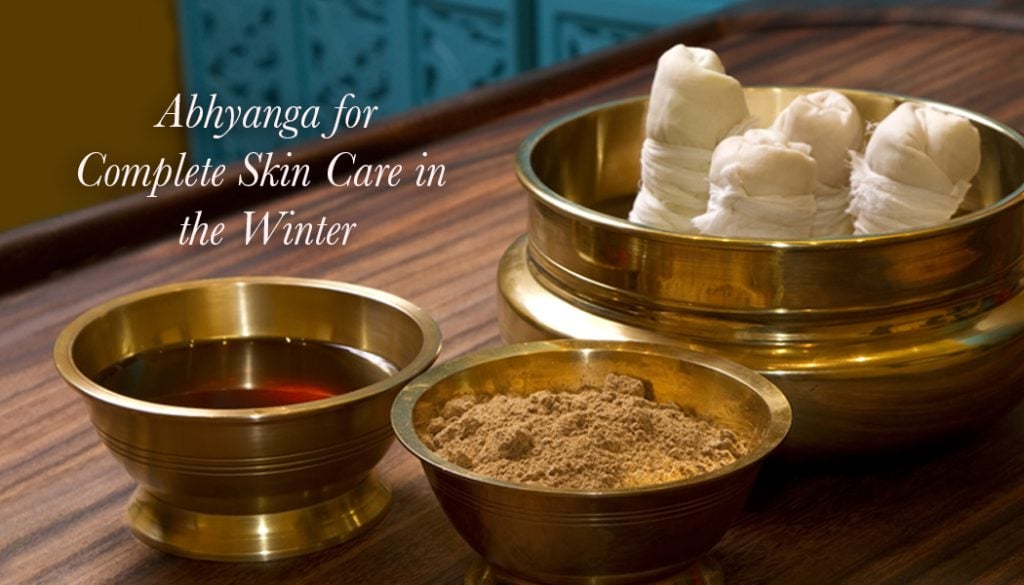- 8 January 2019
- 5 mins read
The constant sniffing and coughing around you are heralds of the Winter season. We don’t usually associate winter as being good for our health, but Ayurveda does. According, to the age-old science, the winter season is best to improve well-being.
Bala, which literally means "strength," is the Ayurvedic word for immunity. Ancient Ayurvedic texts indicate that “Bala” is connected to digestion. When digestion is strong and the appetite is good, our health is improved. Whatever weakens digestion, weakens immunity.
Who doesn’t want a strong immunity system? After all, it’s the key to great health. According to Ayurveda, Sahaj, the innate level of immunity, which you are born with is not constant. It gets influenced by the seasons and age.
Yuktikrit bala is the physical and mental strength that depends on diet and exercise. Following an Ayurvedic lifestyle, will strengthen the immunity. We have found some powerful herbs that you include in your daily diet to work their magic!
1. TURMERIC
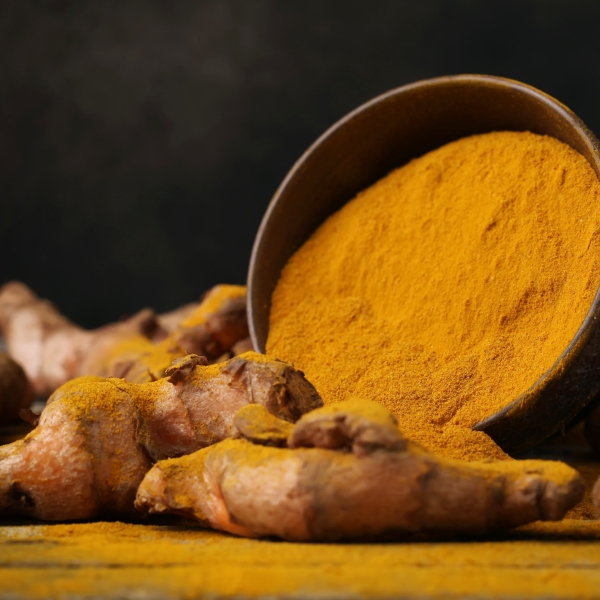
BENEFITS OF TURMERIC –
Turmeric, or Curcuma longa, is one of the most well-known, widely researched, and commonly used Ayurvedic spices in the world. It is a strong immunity boosting herb which supports the body's healthy response to allergens. A variety of ailments such as common cold, dry skin, joint pains and swellings are treated with it.
HOW TO INCLUDE TURMERIC IN YOUR DIET DURING WINTERS –
Having turmeric milk every day is one of the simplest ways to include turmeric to your diet. Another way is to use turmeric spiced ghee for cooking. Heat ghee till it melts, add turmeric powder and mix it well to prepare spiced ghee. Add it to rice, dal or curry.
2.TULSI
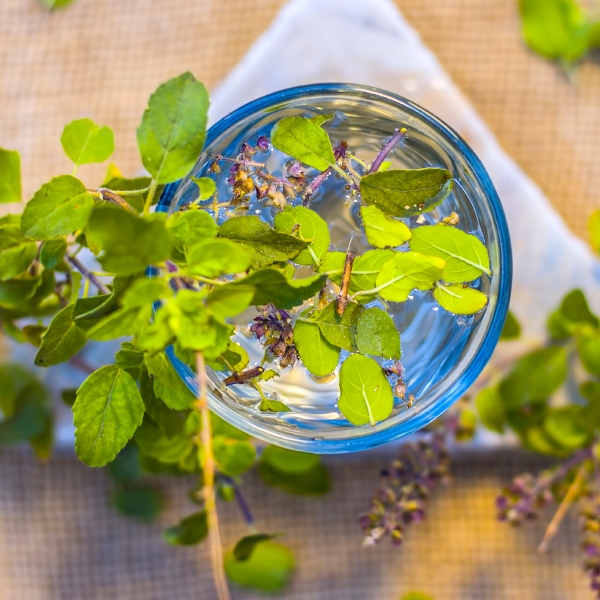
BENEFITS OF TULSI –
Aromatic, delicious, beautiful, and sattvic, Tulsi (Holy Basil) is one of those magical Ayurvedic herbs that can help just about everyone. For this reason, it is referred to as the most sacred plant on earth in the ancient Vedic Puranas. It is especially useful for building respiratory resistance, owing to its specific anti-asthmatic and anti-infective properties.
HOW TO INCLUDE TULSI IN YOUR DIET DURING WINTERS –
Start your day with a refreshing cup of Tulsi green tea or black tea. Adding a few drops of ginger and some honey to it will further improve your health. Eating a few fresh Tulsi leaves daily is an amazing way to boost your immunity. In Ayurveda, a common practice is to chew 3-4 leaves first thing in the morning on an empty stomach.
3.GINGER
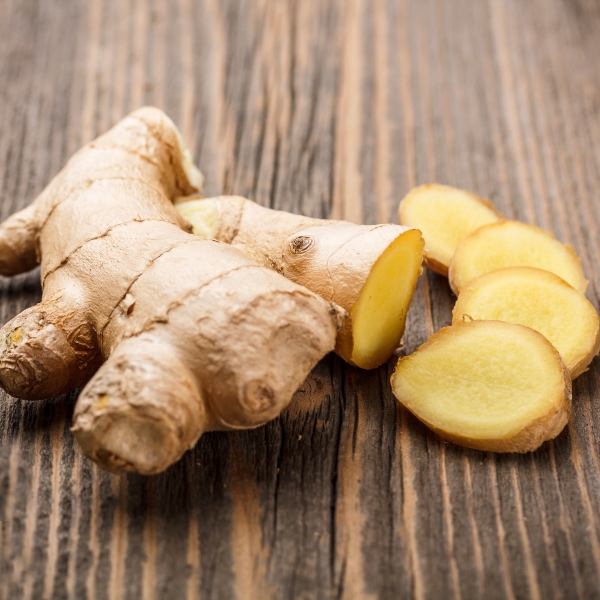
BENEFITS OF GINGER –
Ginger is used so widely in Ayurveda that it is considered a medicine in itself. It’s specially known for the digestive aid that it provides but it has numerous benefits that range from fighting cold and flu to relieving joint pain. Ginger also helps boost immunity and wards off various kinds of infections.
HOW TO INCLUDE GINGER IN YOUR DIET DURING WINTERS –
There is an Ayurvedic sutra (verse) that says that everyone should eat fresh ginger just before lunch and dinner to enhance digestion. The best way to include ginger in your diet is to dip two or three thin slices of ginger in a little salt and lime juice and have them before a main meal.
4.MULETHI

BENEFITS OF MULETHI –
Mulethi, also known as liquorice, is a heavy, slimy and sweet herb which is used to treat multiple disorders. It’s a revitalising herb that strengthens the body systems and increases immunity. It’s also known as a brain tonic as it boosts the functioning of nervous system and prevents ageing.
HOW TO INCLUDE MULETHI IN YOUR DIET DURING WINTERS –
There are several ways to include Mulethi in your diet. The most common way is to make a tonic by boiling a few sticks of Mulethi in water. You can even add Tulsi and Pudina leaves to it. For relief from a cold, Mulethi powder with honey works as a powerful Ayurvedic tonic.
5.NEEM
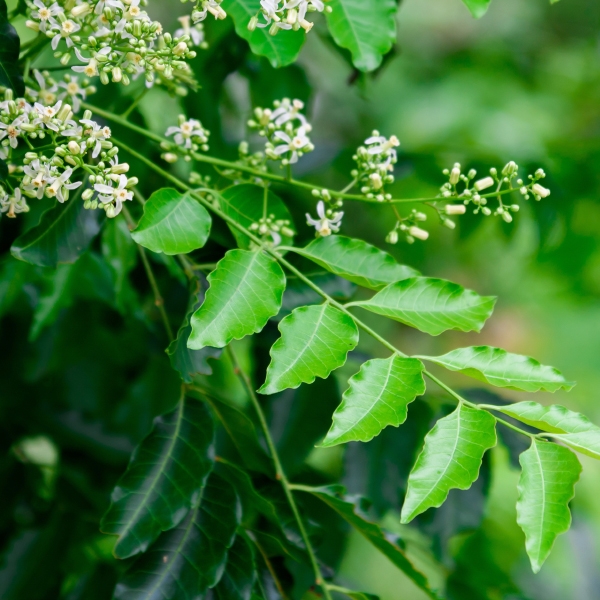
BENEFITS ON NEEM –
The health benefits of Margosa leaves (Neem) have been well-known for ages. Traditionally used in Ayurvedic remedies as an antiseptic to fight viruses and bacteria, Neem is also recommended for urinary disorders, diarrhea, fever, skin diseases, burns and inflammatory diseases.
HOW TO INCLUDE NEEM IN YOUR DIET DURING WINTERS –
Apart from chewing neem leaves daily, one can also include neem oil in their daily diet. Neem oil is extremely beneficial in curing from respiratory diseases and provides relief from cough. By including these powerful herbs in your daily diet this winter, you can boast of a healthier you. Don’t let the winter chills bring you down and enjoy every bit of this holiday season with the power of Ayurveda.
By including these powerful herbs in your daily diet this winter, you can boast of a healthier you. Don’t let the winter chills bring you down and enjoy every bit of this holiday season with the power of Ayurveda.
